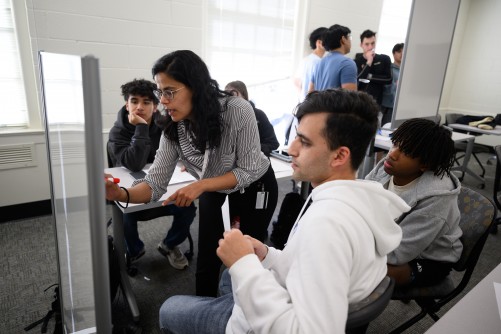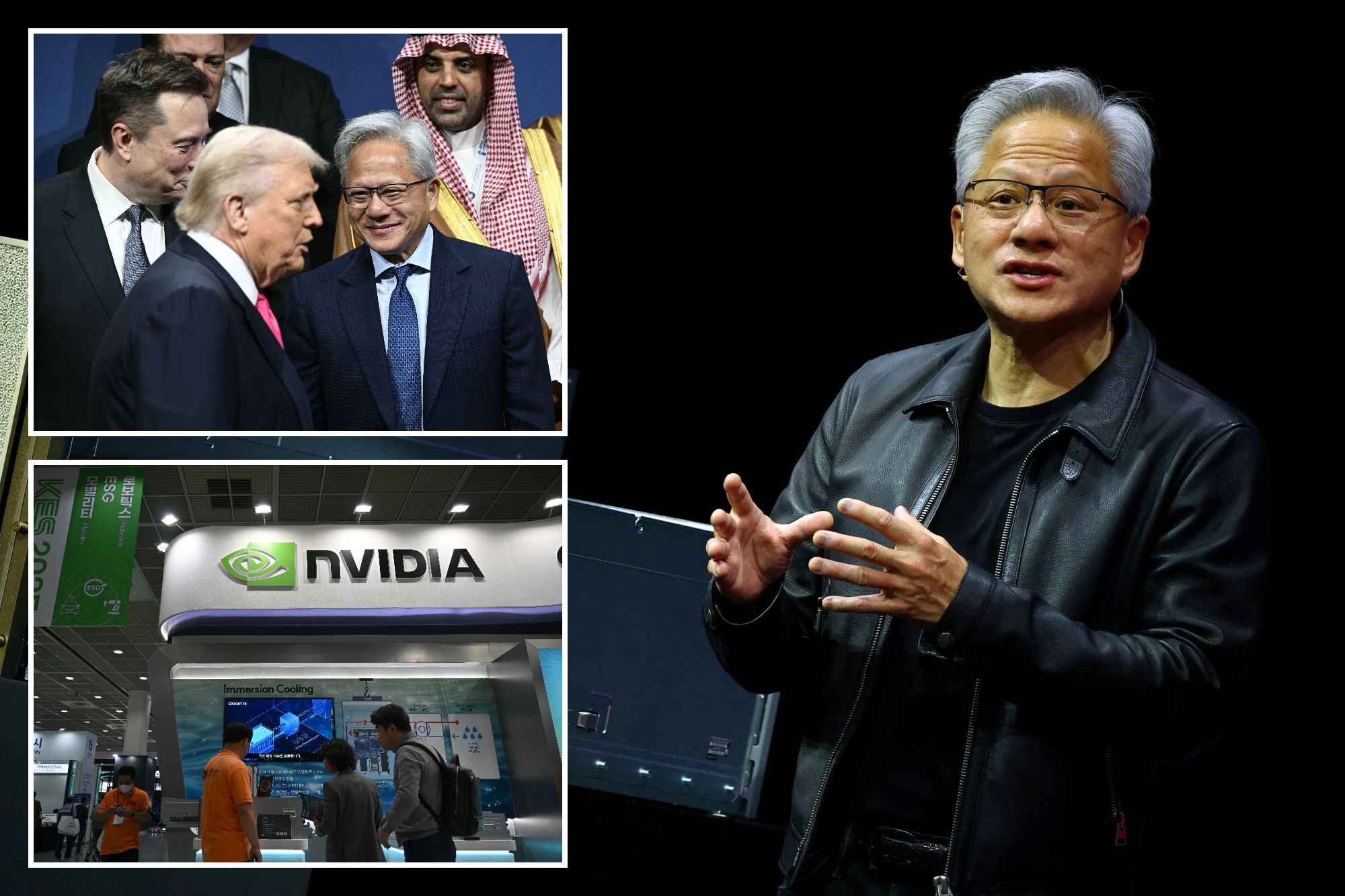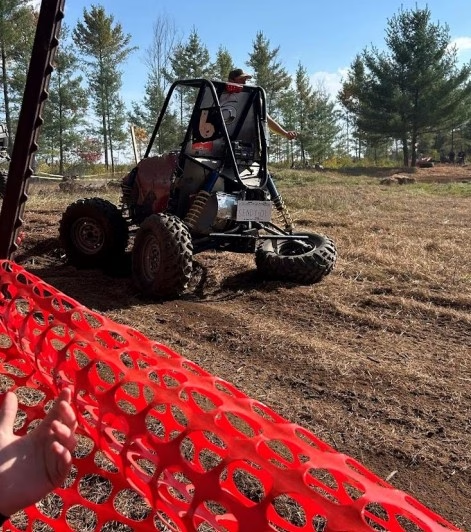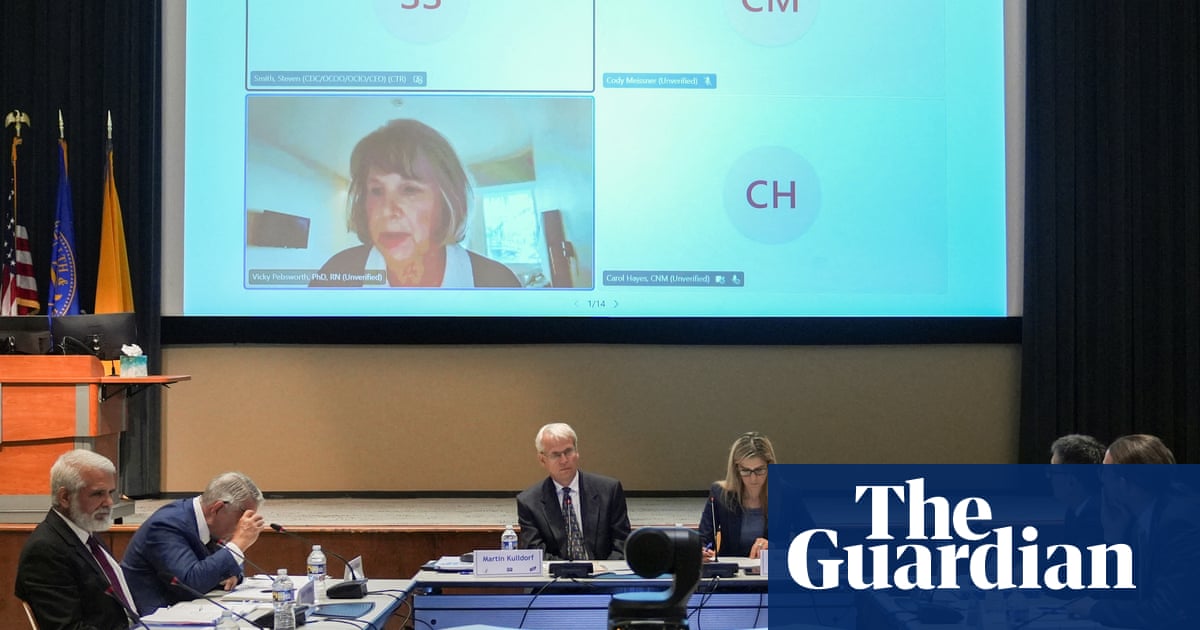Innovator Secures $599K Grant to Advance AI Safety Standards

The field of multi-agent reinforcement learning (MARL) is poised for significant advancements following a substantial grant awarded to Dr. Sarra Alqahtani, an associate professor of computer science at Wake Forest University. With a grant of $598,609 from the National Science Foundation (NSF), Alqahtani aims to develop standardized algorithms and benchmarks that will enhance the safety and reliability of MARL systems, particularly in high-stakes environments such as healthcare and disaster response.
MARL allows multiple AI agents to collaborate, enabling complex problem-solving capabilities. For instance, it can coordinate health monitoring systems for patients with chronic conditions, manage fleets of self-driving vehicles, or orchestrate drones during search-and-rescue missions. Yet, the technology remains underutilized due to concerns about the potential for a single failure to jeopardize the entire system. Alqahtani stresses the need for rigorous safety protocols, stating, “No standard exists for testing the safety and security of such MARL-driven AI systems.”
Transforming AI with Robust Standards
Alqahtani’s research will focus on establishing algorithms that integrate safety and security into the optimization processes of MARL systems. She explains that the goal is not only for these AI agents to work together effectively but also to ensure they can do so safely, even in the event of an agent failure or a cyber attack.
Drawing on her previous research, Alqahtani has identified vulnerabilities within MARL systems that could allow a compromised agent to affect the others. Her work in reinforcement learning (RL) parallels teaching a child to ride a bike—through persistent trial and error, agents learn to achieve their objectives, regardless of setbacks.
Alqahtani, who grew up in a small village in Saudi Arabia, chose computer science for its challenges. Her journey into MARL began during her post-doctoral fellowship at the University of Tulsa. The NSF CAREER grants she received are awarded to junior faculty who demonstrate excellence in both research and education. At Wake Forest, she has introduced RL courses at both the undergraduate and graduate levels, a rare offering for undergraduates.
With the NSF funding, she plans to create an innovative curriculum focused on AI safety and security, further solidifying her commitment to the teacher-scholar model at Wake Forest. “I tell them, ‘You’re going to be beyond just collecting results and generating graphs. You are going to come up with problems, and you are going to solve them and write papers, too,’” she stated. Her mentoring has already led to notable achievements, including four undergraduates receiving prestigious Goldwater scholarships and NSF Graduate Research Fellowships.
Collaborating for Environmental Impact
The CAREER award will also facilitate the recruitment of a post-doctoral scholar at Wake Forest, enhancing the research capacity within the department. Alqahtani’s commitment to environmental issues has led her to establish a partnership with the Center for Amazonian Scientific Innovation (CINCIA). Together, they are tackling the adverse effects of illegal gold mining in the Amazon rainforest through MARL technology.
Alqahtani’s research involves training drones to identify mining sites, which will then alert authorities. She emphasizes the importance of ensuring that these drones can operate effectively even if one unit is disabled. Plans are in place for workshops in 2027 and 2029 to deepen the collaboration between Wake Forest students and the Universidad Nacional Amazónica de Madre de Dios, where CINCIA is located.
“I want to be able to equip the drones with the ability to recognize unsafe or dangerous areas and avoid them,” Alqahtani noted, expressing enthusiasm for taking her work beyond academic settings. The NSF grant represents not only a financial investment in safety protocols for AI systems but also a commitment to fostering innovative partnerships that address real-world challenges.
Through her work, Alqahtani is paving the way for safer, more reliable AI applications that can significantly impact various sectors, ultimately contributing to enhanced public safety and environmental stewardship.






